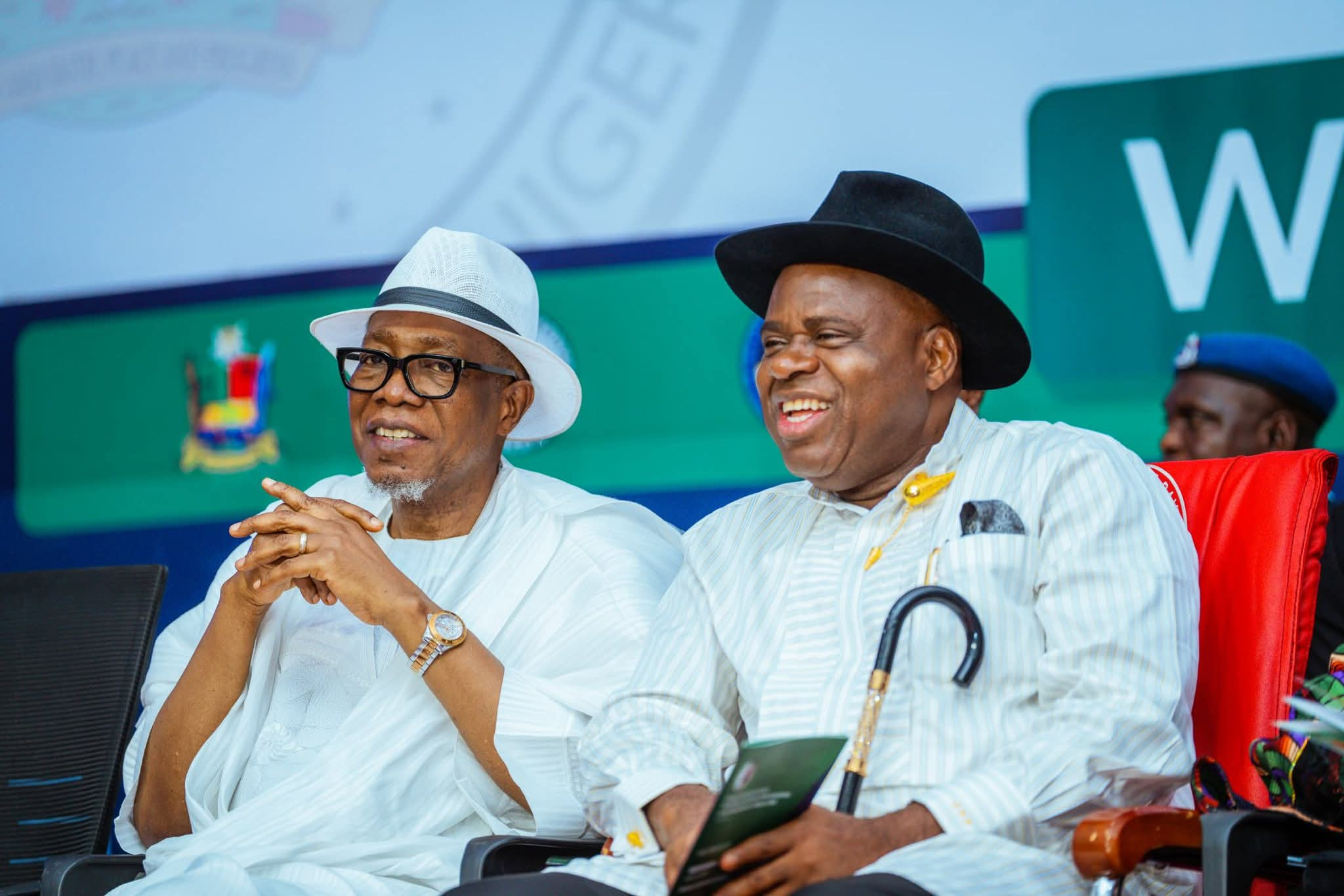In a revealing statement that has sparked discourse across various platforms, Engr. Buba Galadima, a prominent politician from Northern Nigeria and a former ally of ex-President Muhammadu Buhari, has shed light on the circumstances that led to Buhari’s entry into the political arena.
Thank you for reading this post, don't forget to subscribe!
Known for his staunch support for the Congress for Progressive Change (CPC), Galadima’s insights provide a compelling narrative about a moment in Nigeria’s political history that shaped the trajectory of its governance.
A Political Conception Amidst Chaos
Galadima’s narrative centers around a time of heightened tension and unrest in Nigeria, particularly in the late 1990s when the Odua People’s Congress (OPC) was at the forefront of civil agitation in the southwestern part of the country. Predominantly targeted at addressing perceived injustices against the Yoruba people, the OPC’s activities resulted in significant social disruption, leaving many citizens feeling endangered.
Galadima recounts how, in response to what they perceived as inadequate government action from President Olusegun Obasanjo and Lagos Governor Bola Tinubu, a group of about 34 Northern leaders convened in Kaduna to strategize a solution to this brewing crisis.
“We felt that was too much,” Galadima states, reflecting the palpable urgency of the situation. The rising violence and mobilization of OPC forces prompted this pivotal gathering where fundamental decisions regarding the safety and stability of the nation were contemplated.
The Daring Strategy: Rallying Buhari
The conversation among the Northern leaders ultimately pivoted toward enlisting General Muhammadu Buhari—a figure known for his previously apolitical stance and skepticism towards existing politicians.
As Galadima explains, Buhari had always regarded politicians with disdain, believing they were disingenuous and more focused on self-interest than the welfare of the country. This sentiment, however, did not deter Galadima and his peers.
“We had our own agenda,” he admits, highlighting the complex motives behind Buhari’s recruitment. This was not merely about military might or political ambition; it was an urgent call to restore order and safety in the face of escalating violence.
Convincing Buhari to enter the political fray was no easy task, as he initially responded to the overture with hostility towards politics. Nonetheless, after considerable persuasion and strategic discourse, they secured his involvement.
The Immediate Impact of Buhari’s Entry
Following Buhari’s entry into politics, the dynamics began to shift. Engr. Galadima recounts that the mere fact of Buhari’s political involvement sent shockwaves through the Obasanjo administration, prompting a reevaluation of their approach to the OPC.
“The Obasanjo government became restive and was shaken to its bone marrow,” he asserts, illustrating how the once invincible status of the ruling party began to falter under the weight of strategic pressure.

This strategic intervention achieved its primary aim: to curb the violence perpetrated by the OPC and provide a semblance of stability to the concerned regions.
Galadima recalls a successful rally that intentionally aimed to facilitate Buhari’s political initiation while emphasizing its immediate consequences, which involved counteracting the OPC’s increasing boldness.
Reflecting on a Political Legacy
As Galadima’s retrospective narrative echoes through the corridors of Nigerian political discourse, it raises important questions about the nature of political leadership, strategic alignment, and the nuances of motivation in governance. The story illustrates that the connections between leadership and grassroots movements can often be fraught with complexity, intertwined with social, political, and cultural dynamics.
While the historical event discussed by Galadima is significant, it also serves as a blueprint for understanding contemporary political movements in Nigeria. It invites reflection on how leaders are shaped by both their environments and the aspirations of those who rally around them, often out of necessity rather than conviction.
In conclusion, Engr. Buba Galadima’s insights into the recruitment of Muhammadu Buhari into politics are not merely a historical recount; they illuminate the perpetual dance of power, influence, and societal need that continues to define Nigeria’s evolving political landscape.
As Nigeria navigates its intricate political fabric, such narratives serve as vital reminders of the power of strategic alliances and the indelible role of history in shaping leadership.
Kindly share





